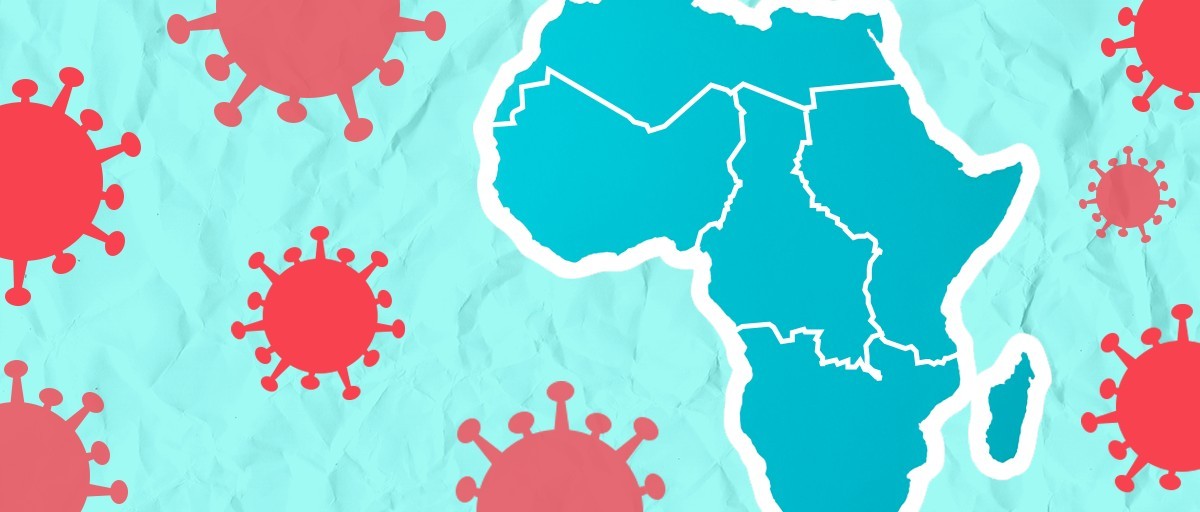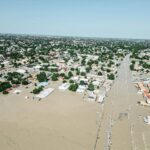By Muhammad S. Ahmad
The livestock sector – a significant part of the Nigeria’s economy that contributes to economic growth, poverty reduction and nutrition has not been spared from the growing threats of Corona virus (COVID-19), and according to the FAO, the COVID-19 pandemic has impacted not only to food trade, food supply chains and markets but also people’s lives, livelihoods and nutrition.
The Nigerian livestock industry contributes 23 – 27 per cent of Agricultural GDP – the bulk of which are controlled by pastoralists. For these pastoralists, livestock acts as a store of wealth, resilience to shock, provide income and employment, food security as well as cultural significance. According to Abuja Chamber of Commerce and Industry (ACCI), cattle business alone contributes about 6.7 per cent of Nigeria’s GDP.
- 5 killed, 5 injured in fresh Southern Kaduna attack
- PODCAST: Jos Killings: What Is Happening Beyond The Curfew
Since the start of the COVID-19 pandemic in 2019/20, the various governments in the country have activated measures to contain the spread of the virus through strong restrictions of movement that have not only dramatically changed the daily lives of citizens but have also impacted on their agricultural livelihoods. These measures have particularly been difficult for the rural poorest and the most vulnerable, who tend to hold jobs and occupations that cannot be performed remotely. Many of the world’s poor depend on public spaces and movement for their livelihoods, including seasonal agricultural work and travelling to and from markets to sell or buy produce and/or inputs, etc.
We are all aware by their nature, livestock herders/pastoralists in Nigeria mostly practice transhumance type of production that entails movements from place to place in such of fodder/pasture; water for their herds and sale of milk at local markets for their daily house upkeep. Their major movements are two pronged; at the beginning of the rains northwards and southwards at the end of the rains. Both movements are for their herds’ survival. While their minor movements to and from markets are unfortunately being restricted by the COVID-19 restrictions, their access to markets is being massively disrupted and ultimately their livelihoods, eroding their resilience and making them vulnerable to other vagaries of living.
Observers in the livestock industry have also been in total agreement with the government’s interest of flattening the curve and have noted how the pastoralists’ have suffered the social restrictions and its disruptive effect on their livelihoods as well as its effect on food insecurity. The pastoral women who are often responsible for the care of the children, the sick, and the elderly as they move about selling dairy products and sourcing household needs were the most affected by the restrictions.
By adhering to the restrictions, the family stays hungry and by violating, they become exposed to the deadly virus (COVID-19/Delta variant) with knock-on implications for food production, food preparation (milk) and child nutrition and the danger of community transmission. Considering these impacts, liquidity challenge looms amongst the pastoralists’ who depends on the sale of stock and products (milk) to cater for their immediate and daily family needs.
The restrictions have also significantly caused the closure of many livestock markets and that has remotely increased the prices of protein products (meat & milk). Noticeable impacts have been more severe on high-value commodities (perishable products – milk and meat), that are directly sold by the pastoral families and indirectly through other actors for example a kilo of beef that was selling for about N1,200 in most urban markets pre-COVID is now selling upwards of N2,000 across the country whereas a litre of fresh milk that was being sold for between N450 and N500 is now over N1,000 where available and by implication this increase the prices of other alternative/complementary products like chicken, fish, powdered milk etc.
In food crisis context, needs are already extremely high and basic service delivery are becoming poorer. Movements that are critical to pastoralists’ survival are threatened. This is leaving the already conflict vulnerable pastoralists population to face growing reality of constrained access to food to self and to herds due to shortages, high prices, curtailed income and disruption of food chains given the absence transport and ability to access markets.
It is imperative for government to prevent COVID-19/Delta variant impacts on food security through securing and maintaining humanitarian operations as it will relate to pastoralists and foresee actions to safeguard livelihoods; prevent conflicts and protect food supply chain and to mitigate other effects of the pandemic. I urge the governments and concerned bodies to integrate the pastoralists & pastoral system into the palliative measures that are being enjoyed by many and to also consider the livestock as indirect victims of COVID-19 by providing livestock production inputs (feeds, water, drugs & vaccines etc.) so as to discourage the movements of herds and herd owners and mitigate community spread of COVID-19/Delta variant
We must be pro-active in anticipating COVID-19/Delta Variant collateral effects by protecting livelihoods and food access of vulnerable pastoralists. When livelihoods and incomes are decimated, people are less able to cope with shocks such as stay at home, hospitals, death of family member etc. thus leaving them with more risk and exposure.
Ahmad sent this from Wuse 2, Abuja

 Join Daily Trust WhatsApp Community For Quick Access To News and Happenings Around You.
Join Daily Trust WhatsApp Community For Quick Access To News and Happenings Around You.


